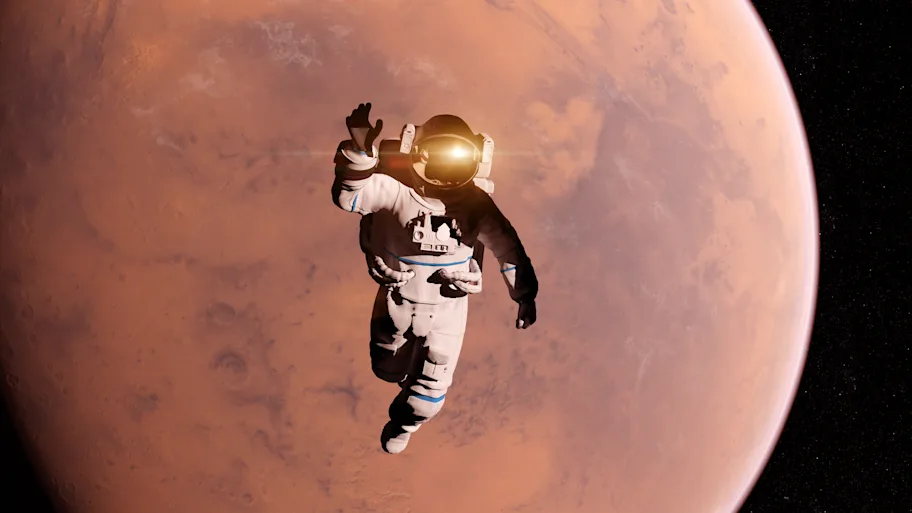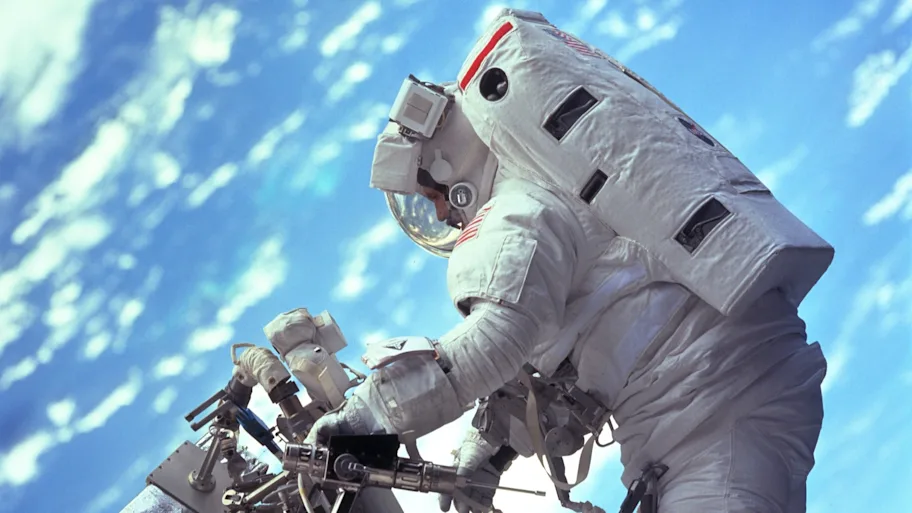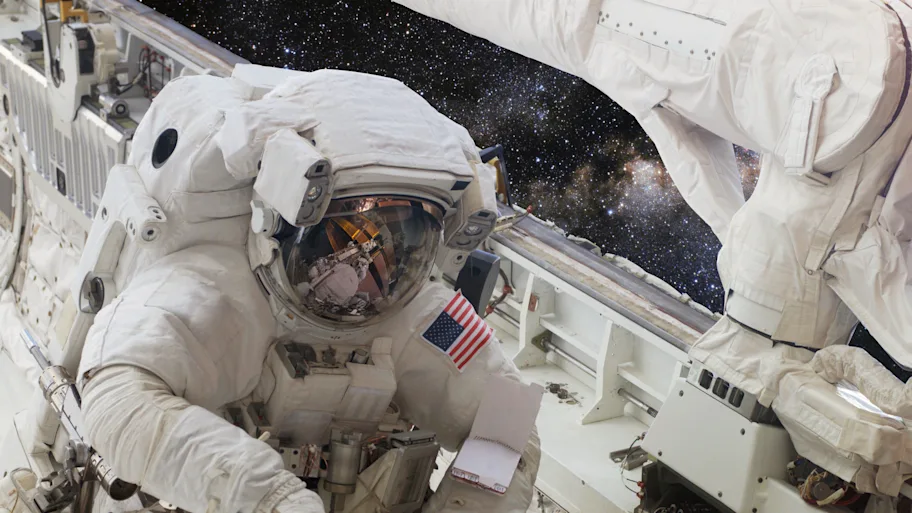
- Science News
- Space sciences and astronomy
- Can ocean-floor mining oversights help us regulate space debris and mining on the Moon?
Can ocean-floor mining oversights help us regulate space debris and mining on the Moon?

by Joseph N Pelton, Nishith Mishra, and Martina Elia Vitoloni
Space belongs to no-one, yet many nations and private entities now plan to lay their claim on its resources. The use of space is poorly regulated by laws or enforceable regulations, which makes sustainable long-term use a risky endeavor. In a recent Frontiers in Space Technologies article, Nishith Mishra, Martina Elia Vitoloni – both researchers at McGill University – and Dr Joseph Pelton, dean emeritus at the International Space University and chairman at ACES Worldwide, shared their thoughts about how plans to exploit the ocean floors could impact the way resources from space are used and managed.
Mining ocean resources needed for electric cars and other devices is currently a hot issue of dispute. Final resolution of how or whether the seabed should be exploited is pending. Outcomes in this contentious area could create precedents that could impact decisions about mining the moon.
These precedents might shape the how and why of mining the Moon and shape the future and the sustainability of space activities of human beings. But this is only one possible precedent that could reshape the future of space.
Pending international discussions on space traffic management, space debris removal, and limiting so-called space junk in Earth orbit could help to stop space debris orbiting the Moon and Mars. This essay by the authors is a plea that we learn from our mistakes and create a more sustainable way forward in outer space.
Lessons we should learn from space debris management
This mounting problem in Earth orbit represents yet another area where precedents for the future of space may well be established. Many countries now back what is called space traffic management and active debris control. This has been recommended in the findings at the recent UN ‘Summit on the Future.’ Without action by the UN Committee on the Peaceful Uses of Outer Space (UN COPUOS), however, there is the potential danger of rendering entire orbits unusable. These dangers are now aggravated through the deployment of so-called satellite mega-constellations- or constellations of thousands of satellites in Earth orbits.
Moreover, the current count of tracked objects greater than 10 cm is 40,500 space debris objects, while there are more than 1,1 million space debris objects larger than 1 cm. Every time there is a major collision in orbit the debris created ranges from 2,000 to 3,000 new elements. Some of the potential for mitigation of this issue lies in collision avoidance capabilities, AI, on-orbit servicing and active debris removal. However, the ongoing deployment of mega-constellation launched by various nations contributes to the saturation of orbits, exacerbating the problem.

There is an ongoing discourse within UN COPUOS for directly addressing space debris. Among the topics under discussion is the potential for a global approach to space traffic management. A consortium of space agencies including NASA, JAXA, Roscosmos, and ESA, among others, has also contemplated how this might be accomplished.
Today the COPUOS guidelines are the recommended approach, but they are not mandatory and there are no enforcement mechanisms. This inclination towards soft-law documents over binding regulatory and legal approaches stems from states’ reluctance to restrict their freedom of use. Some countries have resisted a space traffic management approach and mandatory procedures, calling such an approach ‘premature’. A legal vacuum has contributed to a worrisome trend.
Read and download the original article
Dire need for legal regulation
In 2020, NASA drafted the Artemis Accords, a soft-law document companion to the Artemis mission to return to the Moon. Later, the US called for input from other countries. Section 12 of the accords explicitly calls on signatories to limit space debris in the pursuit of the lunar exploration project. Such protective action would help fulfill the obligation contained in Article IX of the Outer Space Treaty which requires that:
“… States parties to the treaty shall pursue studies of outer space, including the Moon and other celestial bodies, and conduct exploration of them so as to avoid their harmful contamination and also adverse changes in the environment of the Earth resulting from the introduction of extraterrestrial matter and, where necessary, shall adopt appropriate measures for this purpose …”
In this sense, the preoccupation for mitigating space debris is no longer restricted to Earth orbit, but to lunar orbit as well.
Leading space-faring nations, including the U.S., India, China, Russia, Japan, and the ESA, have launched satellites to map the Moon. There are plans to send a significant amount of materials to the Moon from Earth, but no plans for subsequent ‘clean up’. As examples, there are ambitious plans to launch a number of satellites to orbit the Moon as well. Additionally, China in collaboration with Russia will likely deploy a space station. ESA has examined a program known as ‘Moonlight’, aimed at deploying a very small constellation of five satellites for telecommunications and navigation. A range of alternative concepts have been advanced, some of which are particularly unconventional. One proposal involves the placement of a captured asteroid in lunar orbit so it might be deployed as a defensive strategy against an impending ‘killer asteroid’.
These proposals for the placement of satellites, space stations, and even asteroids in lunar orbits have not addressed and included with it proposals for removal of these objects from lunar orbit. Humanity’s plans for lunar settlements, mining of the Moon’s resources and other security and military activities in and around Moon orbits do not include provisions for the clean-up and disposal of space objects.
The pollution of Earth, the presence of space debris in Earth orbits, and the planned mining of the ocean floor have not adequately demonstrated the adverse consequences that follow. We need to recognize the pollution of the Moon and its orbits, and then Mars, will entail. We advocate for the need for binding rules to safeguard Earth orbits, plus the orbits of Moon and Mars from space debris contamination. The need today is towards effective action to keep outer space orbital resources safe and sustainable, and for any mining operations be governed by equitable and effective international regulation.
REPUBLISHING GUIDELINES: Open access and sharing research is part of Frontiers’ mission. Unless otherwise noted, you can republish articles posted in the Frontiers news site — as long as you include a link back to the original research. Selling the articles is not allowed.






